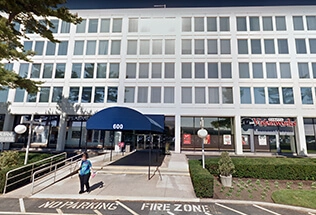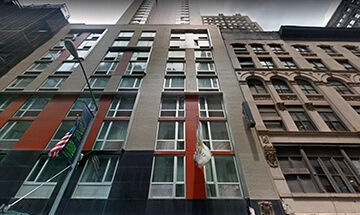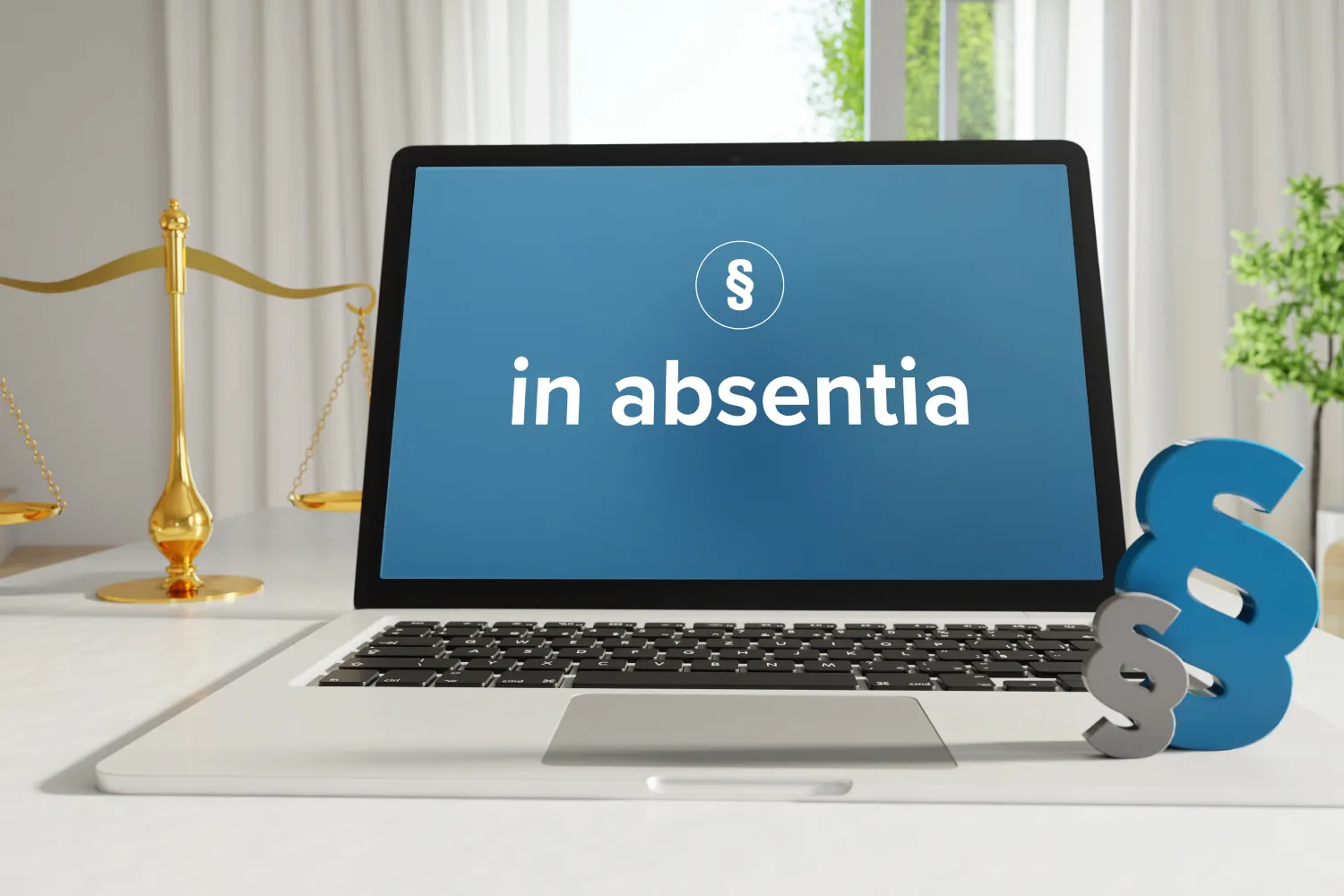Forklifts are powerful, highly useful machines in a variety of industries and businesses. If you operate a forklift as a licensed employee, odds are you already know just how valuable these devices can be to your organization.
To use your forklift safely, you have to complete certain daily tasks. Below, we’ve broken down what must be done daily before using a forklift, plus go over what you should do if your employer doesn’t provide you with the resources for these necessary tasks. For more information, please call Schwartzapfel Lawyers at 1-516-342-2200 or visit us online to schedule your free case evaluation today!
Forklift Inspections
Forklift inspections are something you have to do every day before using a forklift. This task must be completed by the person who operates a forklift, not a supervisor or a fellow employee.
For example, if you plan to operate a forklift to move cargo from place to place, it’s your responsibility to complete the forklift inspection before starting up the machine.
Generally, forklift inspections include an internal and external examination of the vehicle and its operating parts. In some cases, a forklift inspection can also include testing each critical system and checking each new part added. For instance, if you plan to use a forklift to lift a lot of heavy equipment, you may test it out during a forklift inspection before putting it into the field.
Upon completing a forklift inspection, most companies require employees to deliver the reports of the inspection to a security office or similar place. That way, there’s a record of the forklift inspection on file in case of an accident or injury. The company needs it for liability, and workers need it for workers’ compensation.
Why Are Forklift Inspections Important?
Simply put, forklift inspections are crucial because they are required by the Occupational Safety and Health Administration (OSHA). This requirement is nonnegotiable; it means that all forklifts have to be thoroughly inspected before use at least once per day.
Because of this, forklift inspections are important for liability purposes. If a company wishes to avoid incidents, it must ensure that forklift inspections proceed according to plan.
Additionally, forklift inspections are crucial for preventing major injuries and accidents. Forklift injuries can be debilitating and highly costly and can come about due to:
- Improper use or operation of a forklift.
- Load hazards.
- Insufficient maintenance.
- Mechanical failures.
- And more!
The bottom line for business owners is this: To keep your workplace and workers safe, you should mandate forklift inspections every day. Employees should keep this in mind as well.
How Often Should Forklift Inspections Occur?
Forklift inspections must occur once per day if they are going to be used at all over that (24)-hour timeframe. Furthermore, OSHA states that if a forklift is used around the clock, it should be inspected between each shift. Assuming a three (3)-shift day (each eight (8) hours long), the forklift in question should be inspected three (3) times daily.
If forklift inspections don’t occur regularly, you may need to contact workers’ compensation attorneys. Schwartzapfel Lawyers is ready to hear the details of your case and provide you with knowledgeable assistance, so contact us online or call us at 1-516-342-2200 for a free case evaluation now!
Forklift Daily Inspection Tasks
Forklift daily inspections aren’t just a quick walk around the vehicle. Instead, they incorporate three distinct inspection checklists; let’s take a closer look at each in detail.
Pre-Operational Tasks
The pre-operational task checklist must occur before the forklift starts and while the engine is off. Specifically, a pre-operational checklist can include but is not limited to:
- Checking fluid levels to make sure there aren’t any leaks.
- Checking for visual damage or defects like dents, cracks, etc.
- Checking hydraulic hoses to ensure they are properly connected.
- Checking the pressure and condition of the tires.
- Checking the forks and guards to ensure they are secure.
- Checking for safety notices.
- Checking the operator compartment.
- Checking the controls in the operator compartment.
- Ensuring the operator manual is within the forklift and can be read.
- Ensuring the seat is lockable.
- Ensuring the seatbelt works properly.
Operational Tasks
The next phase of a forklift inspection is the operational inspection. The operational inspection checklist should be conducted when the engine is running, assuming that the pre-operational checklist went off without a hitch. You should check the:
- Horn and any indicator lights.
- Foot breaks, accelerator, and steering wheel.
- Parking brake.
- Forward and reverse gears.
- Hydraulic controls.
- Forklift attachments, limit switches, and any other operational parts.
More generally, the forklift operator should make sure there aren’t any strange noises or vibrations emanating from the forklift. If there are, they should turn the engine off and turn the machine into maintenance.
Additional Tasks
Aside from the above checks, operators should inspect the:
- Exhaust system to make sure there aren’t any sparks or flames.
- Capacity load plate to make sure it is fitted well to the forklift.
- Gas levels for any gas-operated forklifts.
- Labels and markings. These need to be in the right places and easy to read.
Finally, ensure the forklift is generally clean or clean enough for the job. There should not be excess oil or grease.
To learn more now at no charge, call Schwartzapfel Lawyers at 1-516-342-2200 or schedule your free consultation online!
Special Considerations For Specific Types Of Forklifts
Certain types of forklifts may require additional checks on an inspection. Here are some examples.
For electric forklifts, be sure to check the:
- Cables, connectors, and battery restraints.
- Electrolyte levels. These should be sufficient, and you should wear protective equipment when checking them.
- Hood latch functions.
For internal combustion forklifts, the operator should check the:
- Oil, coolant, and brake fluid levels.
- Radiator and air filter conditions.
- Hoses and belts to ensure they are in good condition.
- Hood latch functions.
For liquid propane forklifts, you should check to ensure that:
- The connectors and hoses are in good condition.
- The tank doesn’t have any dents or other visual damage.
- The tank fits on the truck.
- The tank is properly mounted on the truck.
- The restraints are in good condition.
- The pressure relief valve is pointing up.
What If Your Employer Doesn’t Have A Forklift Checklist?
If your employer doesn’t have a forklift checklist, they are violating OSHA’s safety guidelines and endangering yourself and your fellow workers. You should bring this to the attention of your supervisor at the earliest opportunity.
However, if they do not correct the issue, you have the legal right to refuse to use the forklift if it is not checked properly.
Could You Qualify For Workers’ Compensation?
If you or a fellow employee are injured because of a forklift, and the forklift wasn’t inspected beforehand, you qualify for workers’ compensation. Note that this is also true regardless of whether the forklift was inspected or not; you qualify for workers’ compensation if you are injured on the job or while performing job-related duties, no matter the root cause.
However, if your employer did not mandate a forklift checklist or give you the time and resources to conduct a check, they could be liable for endangering you and your fellow employees. If this is the case, you could potentially file a claim against your employer if:
- The lack of a forklift inspection led directly to your injury.
- The injury occurred at work or in the performance of work-related duties and under the normal range of your responsibilities (i.e., you did not operate the forklift illegally).
In such a circumstance, you could recover more money from your employer or insurance company. You may be able to file a claim against them for medical bills, property damage, and more under a personal injury lawsuit.
To learn more now, it is likely in your best interest to speak with knowledgeable forklift attorneys about your specific claim, needs, and situation. That said, you shouldn’t wait, as your window to file a claim and recover the money and benefits you deserve may soon close forever. To keep that from happening, you must act now. Your financial future is too important to leave to chance.
Said differently, one phone call today may protect you and your loved ones tomorrow and every day that follows. To that end, dial 1-516-342-2200 and allow Schwartzapfel Lawyers the honor and privilege of fighting for you™ every step of the way!
Contact Schwartzapfel Lawyers Today
If you or a loved one believes an employer has contributed to or maintained unsafe working conditions, you could have grounds for legal action. Furthermore, if you’ve been denied workers’ compensation for forklift injuries at the workplace, you need to contact knowledgeable legal representatives ASAP.
That’s where Schwartzapfel Lawyers comes in. Our capable, qualified attorneys have over (150) years of combined experience and are more than ready to help you get the financial compensation you’re entitled to.
Contact us online today or at 1-516-342-2200 to get started with a free case evaluation and so much more!
DISCLAIMER: Nothing on this page should be considered legal advice. You should seek the appropriate counsel your situation requires. For more information, call 1-516-342-2200 now!
Sources:
Schwartzapfel Lawyers, P.C. | Fighting For You™™
Powered Industrial Trucks – Forklifts – Standards | Occupational Safety and Health Administration
Safe Forklift Operation | OSHA.gov


















